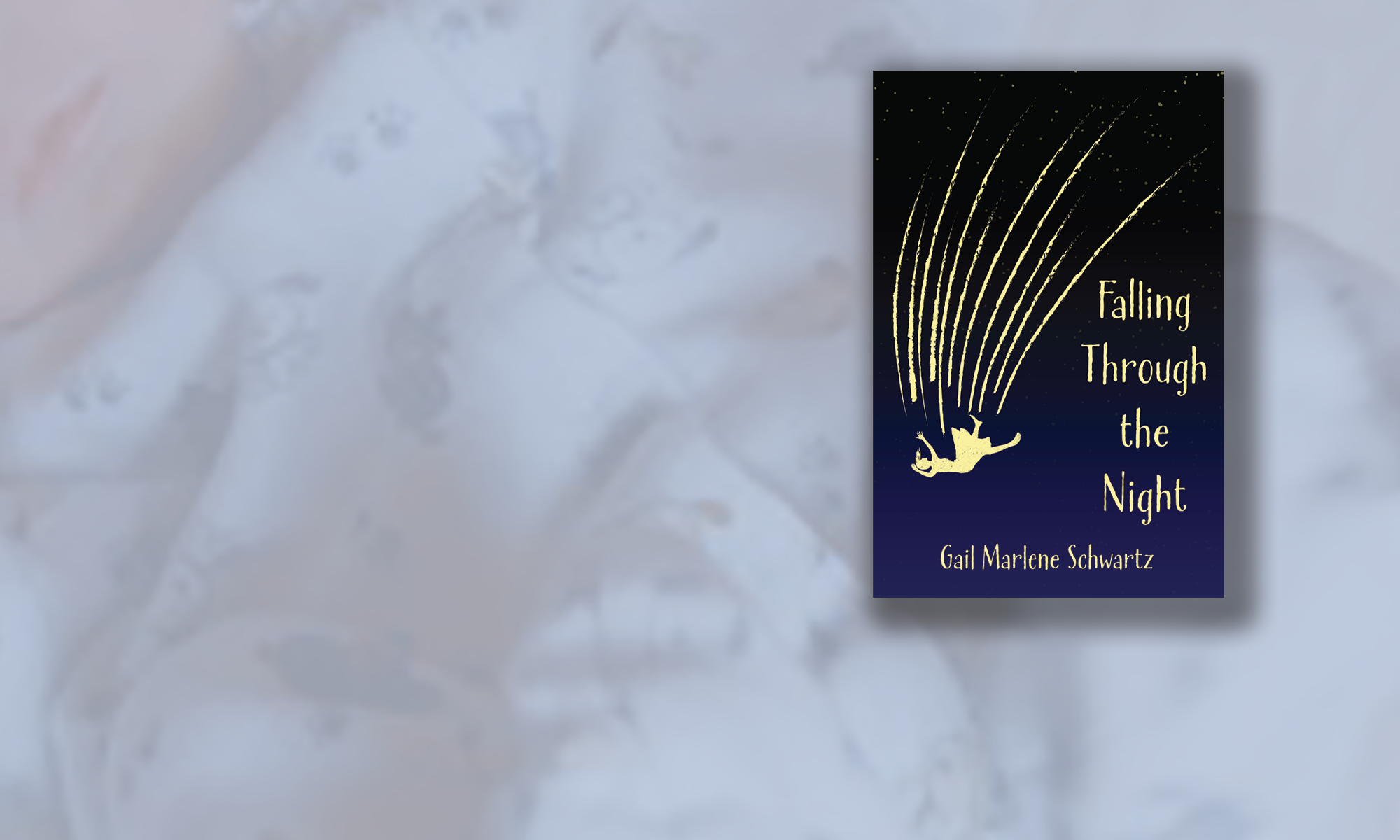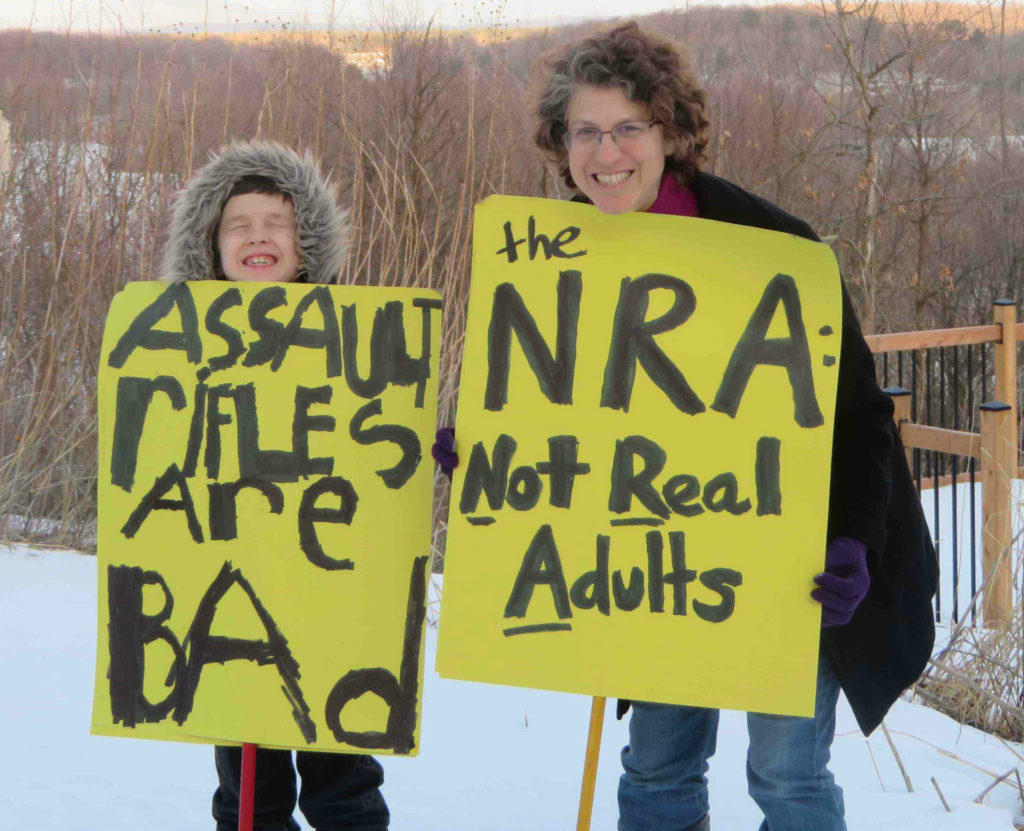Words matter. Language can connect and it can repel. It can, and does, change lives. This is why I continue writing when there is so much pain and hopelessness around me: the possibility of alchemy. Of recognition, of paradigm shifts.
Of joy.
But writing that connects is no walk in the park. Some desires, thoughts, and yearnings are stubborn and resistant to the form we try to wrangle them into. It’s one of these wrestling matches I’m losing as I try to craft this blog for Thanksgiving.
For many months, I’ve been at my computer, trying to construct some kind of literary path through the polarization and alienation in the U.S. The viciousness and antagonism have eaten away at my core. I wanted to communicate to people who are not my usual readers, people, for example, who are Republicans, or who voted for the current president. I wanted to reach out. Please, I wanted to say, can we just stop and shift gears?
What I know, quite possibly the only thing I know, is that the old words, expressions, ways of dividing, classifying, categorizing, and analyzing are also polarizing. I resist this reality because I want to believe my story is the morally correct one. But I’ve done enough studying, praying, and meditating to know that digging into positions can turn morality into poison.
Where to go? Last night I heard a radio program about joy (https://www.npr.org/programs/ted-radio-hour/). Puppies. Confetti. November snowflakes. Fireworks. Hot air balloons. Rainbows. Ice cream cones (especially with sprinkles). These, according Ingrid Fetell Lee, are universal joys (http://www.aestheticsofjoy.com/). Science has shown that, for example, round shapes create joy consistently to people across the globe, versus angular shapes, which provoke anxiety, fear, or hatred.
Why is this important? Because this is the kind of knowledge we can use when making concrete choices about our lives and our relationships. About our society. About our relationship with the world around us.
So, Thanksgiving. Instead of doing what my fingers are dying to do, which is to type out yet another way of telling the story I believe is correct, I’m going to try something different. I’m going to ask a question:
What kind of world do you want to create?
Because like it or not, this is what we’re doing, together, as a species.
We think we are far apart and maybe we are. But hearing about the universality of joy was amazing news. It made me believe, if for just the hour I sat in my car and listened, that people across the globe can “agree” on something.
What would it take to design a world of joy?
This is a period of transition, of peril, of loss and potentially huge gain. What if we, with great intention, set about to co-create a culture, a world, of joyful moments? Lee says when we design a school to elicit joy for the students, versus the standard institutional drab buildings we usually give them, that the students perform better. Miss fewer school days. Behave better. Smile more.
How about making today about joy? It’s so important to face the past, to acknowledge the many stories that brought us to this moment, to know that pain is part of the picture. To understand that we’ve caused each other pain, loss, suffering. But maybe it’s easier to do this after we’ve shared moments of joy. Maybe we can dip our sieve into the murky pond of discord and filter out colorful, round, exuberant pieces and build something new around them.
I admit it’s hard to imagine hanging out with the president, admiring fireworks together while we lick our ice cream cones and giggle. But thank goodness we don’t have to be that ambitious. Most of us will see at least one person today who is “other.” Our impulse might be to shut down, to lash out, to ignore. If we know this is our pain talking, we might be able to change the channel and open to a sweet moment of joy instead.
I don’t know if this will help. We have lots of reasons to believe it won’t. But remember that one thing we do know. We have to start somewhere and why not today? Why not with joy?
With love, gratitude, and sprinkles,
Gail





 I had the privilege of speaking with Yona Zeldis McDonough, Lilith Magazine’s fiction contest judge, after my story, “Chosen,” was awarded third place for 2017.
I had the privilege of speaking with Yona Zeldis McDonough, Lilith Magazine’s fiction contest judge, after my story, “Chosen,” was awarded third place for 2017.